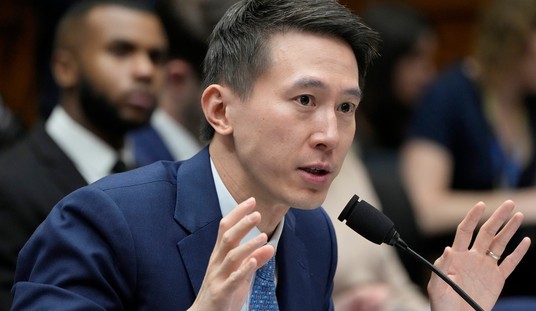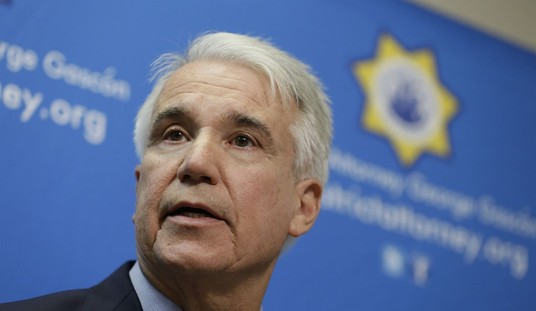With plastered-on smiles, the Obama administration and the health care law’s supporters continue to insist that ObamaCare and its many wonderful benefits and competitive advantages are going to drive down insurance premiums for millions and millions of Americans. Once the system really gets into full swing, Americans are “not going to want to let it go,” DNC Chair Debbie Wasserman Schultz intoned last week on the heels of a Health and Human Services study concluding that upwards of six million individuals will be eligible for premiums costing less than $100/week after the federal government’s subsidization.
One of the major problems that these miraculous promises have consistently neglected to mention, however, is that insurers are making the (rational!) decision to drive down their premiums by restricting the number of providers who will treat patients in these new insurance plans. “When health insurance companies compete, the only winner is you” has been a constant refrain of the law’s supporters, but it should really run more along the lines of something like: “When the federal bureaucracy micromanages the health-care sector in a system that absolves pre-existing conditions and in which everyone must participate or pay a penalty, expect to be herded into a one-size-fits-all insurance plan with limited care options.”
The New York Times seems to have cottoned on to the scheme:
Federal officials often say that health insurance will cost consumers less than expected under President Obama’s . But they rarely mention one big reason: many insurers are significantly limiting the choices of doctors and hospitals available to consumers.
… To hold down costs, insurers say, they have created smaller networks of doctors and hospitals than are typically found in commercial insurance. And those health care providers will, in many cases, be paid less than what they have been receiving from commercial insurers.
Some consumer advocates and health care providers are increasingly concerned. Decades of experience with Medicaid, the program for low-income people, show that having an insurance card does not guarantee access to specialists or other providers.
Ah, yes — Medicaid. As the wider health care system increasingly takes on the characteristics of the broken program and it’s top-down prescriptions, expect the associated problems of poor quality of care, poor access to care, poor health outcomes, doctors’ widespread nonacceptance, and longer waiting times to metastasize along with it.
Consumers should be prepared for “much tighter, narrower networks” of doctors and hospitals, said Adam M. Linker, a health policy analyst at the North Carolina Justice Center, a statewide advocacy group. …
Insurers say that with a smaller array of doctors and hospitals, they can offer lower-cost policies and have more control over the quality of health care providers. They also say that having insurance with a limited network of providers is better than having no coverage at all. …
Many insurers are cutting costs by slicing doctors’ fees.
Dr. Barbara L. McAneny, a cancer specialist in Albuquerque, said that insurers in the New Mexico exchange were generally paying doctors at Medicare levels, which she said were “often below our cost of doing business, and definitely below commercial rates.”
Absolutely none of this information is a surprise, by the way — it’s pretty much exactly what critics of the health care law and its many flaws have been predicting for several years now. That the administration ever thought that outright falsehoods like “If you like your plan, you can keep it” and “you can keep your doctor” were ever a good idea shows just how little they have to go on.








Join the conversation as a VIP Member